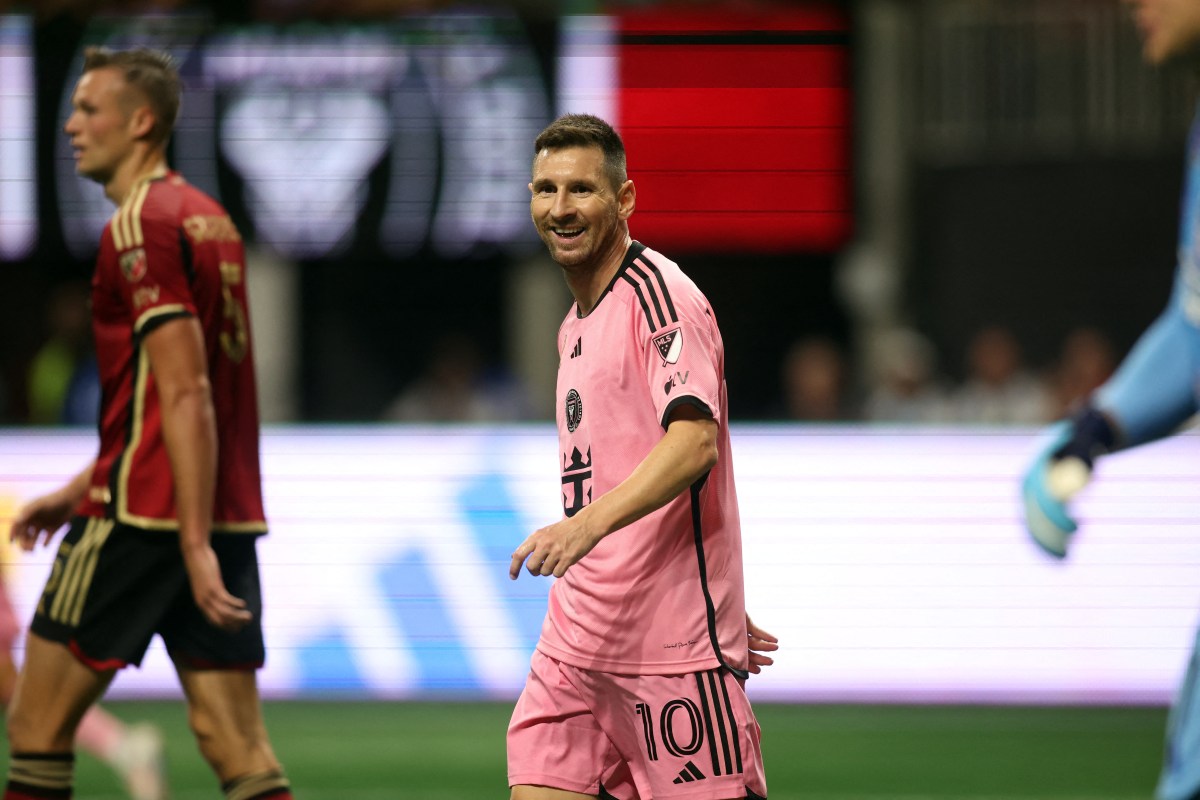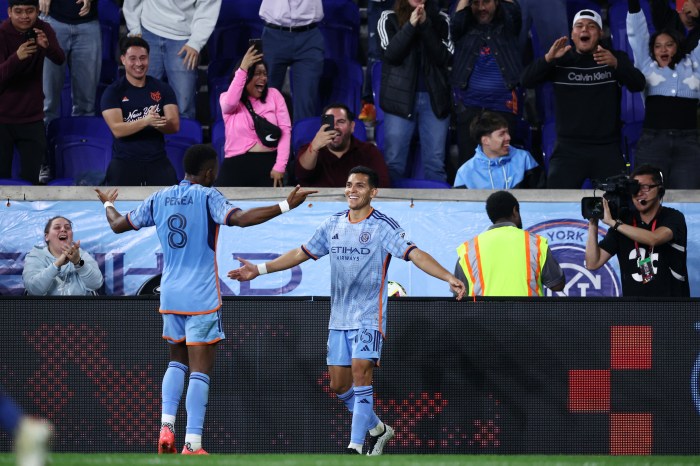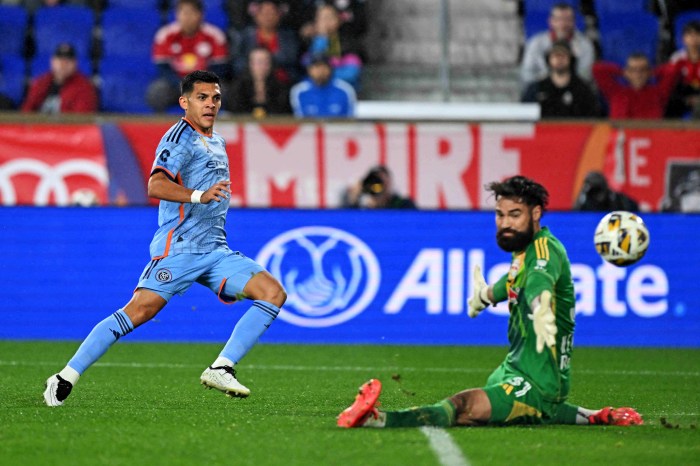Major League Soccer has a major league scheduling problem
As the MLS prepares for its annual post-season play-offs, it once again finds itself face-to-face with a problem that has plagued the league ever since it made its bow in 1996 – its scheduling.
The MLS season has run in contrast to the European season since its inception in 1996, running from February or March until play-off season towards the end of the year. That creates giant viewership problems for what should be the climax of the American soccer season and also creates fairly sizable logistical problems for the clubs involved in the post-season.
It is a scheduling decision that puts America’s premier soccer competition at odds with most of the soccer-watching world and, most importantly, the FIFA calendar. It also means the MLS’s play-off season clashes directly with the World Series year after year.
Due to kick off in earnest when Atlanta United travels to Florida to take on Lionel Messi’s Inter Miami on Friday, Oct. 25, the MLS Cup finds itself in a battle for viewership with the opening weekend of the World Series – and there is only going to be one winner.
An average of 9.1 million viewers tuned in for the 2023 World Series between the Texas Rangers and the Arizona Diamondbacks, while an average of just 815,000 people tuned in for the 2023 MLS Cup.
Those figures may increase considering Messi’s involvement in this year’s competition, but the World Series is also sure to receive a boost from the fact that two of the sport’s most storied franchises are facing off against one another in a World Series for the first time since 1981.
Regardless, the MLS should not find itself in a dogfight for viewership with America’s game during the post-season. A league containing the greatest league of all time should not be reduced to a sideshow for the first two weeks of its premier competition.
Because the scheduling conflict with the World Series essentially means that the first round of the MLS Cup – or the first two legs of the three-legged ties at least – will go almost unnoticed as the Yankees and the Dodgers duke it out on both coasts.
The observant among you may point to the fact that the World Series ends well before the end of the MLS Cup – and you would be right – but this simply brings attention to the next issue – the conflict with the FIFA calendar.
The FIFA calendar is almost perfectly synced with the major European leagues. Major tournaments take place during Europe’s off-season and international breaks – irksome though they may be to many soccer fans on the other side of the Atlantic Ocean – largely take place at the least important moment of the European season.
Not so for the MLS.
Not only were the final weeks of the MLS regular season disrupted by the October international break, leaving a two-week gap before Decision Day and disrupting many club’s preparations for the final day of the season, but the November international break will now disrupt the MLS Cup at a crucial moment.
The MLS Cup will break for two weeks following the best-of-three opening round, leaving any teams that sweep their series with a potential three-week break before their conference semi-finals.
Never mind the fact that the MLS season faces an impossible battle for viewership during those summers when major international competitions are taking place, such as the Copa America this summer.
The MLS season nominally runs through the summer due to adverse weather in certain American cities in the depths of winter and to avoid scheduling conflicts with the NFL post-season.
But neither reason really stands up to scrutiny.
For one thing, there are plenty of European leagues that run through the winter despite Baltic conditions – and it is not like there is no appetite for sporting events in even the coldest US cities. Just ask Bills fans.
The fact that the majority of the NFL season runs during the coldest months of the year makes the weather argument bogus. Besides, the current schedule sees teams traveling to the likes of Miami at the height of summer for conditions that are just as extreme as a Colorado winter – albeit at the other end of the spectrum.
Secondly, the MLS Cup already competes with the NFL for viewership.
When club soccer returns after the November international break and MLS clubs prepare for the business end of the post-season, NFL franchises across the country will be preparing for do-or-die regular season games that will still comfortably drown out MLS viewership.
Better to sacrifice viewership for mid-season games as would happen in a European-style season than to sacrifice viewership for the climax of the soccer season as is currently happening.
A European-style season would result in conflicts between the MLS Cup and the basketball and hockey play-offs, but at least the season would be completed before the start of the NBA Finals and the Stanley Cup.
It is inescapable that Major League Soccer will be in direct conflict with one of the Big Four sports no matter when it runs its season, but it can mitigate the damage. Changing the schedule can also have the happy side effect of mitigating the irksome international breaks and preventing them from disrupting the most important part of the season.






































